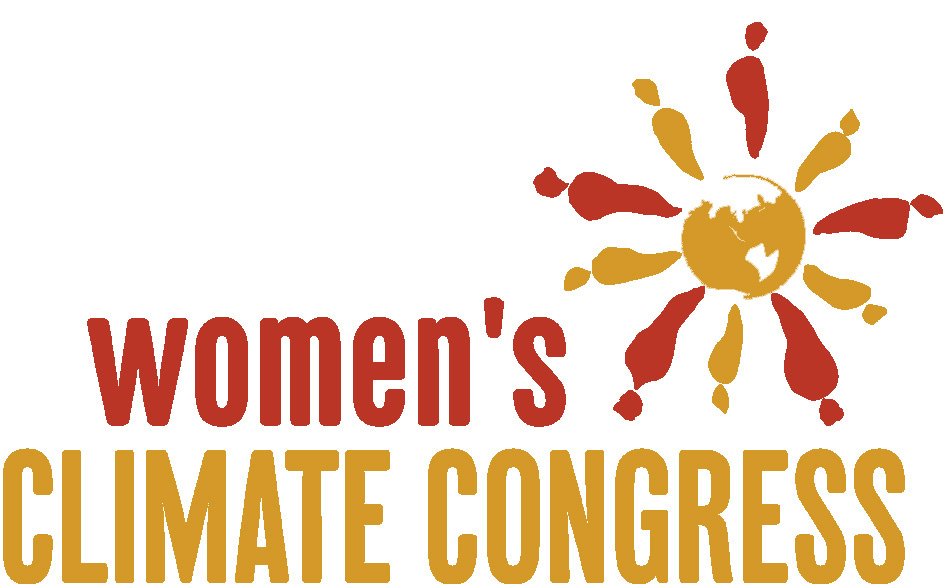Submissions 2024
Submission on Climate Adaptation in Australia - National Adaptation Plan Issues Paper
To: Australian Government, Department of Climate Change, Energy, the Environment and Water - Climate Change Policy, submitted: 11 April 2024.
Preparedd by Dr Mary Picard and Toni Hassan
In this submission we highlighted three high-level aspects that relate to gender equality and women’s engagement in climate change adaptation:
The scope of risks considered needs to go beyond the physical hazards arising from climate change to include the socio-economic risks from their potentially disruptive impacts, as this understanding is needed to ensure that climate change adaptation measures do not exacerbate existing inequality and that they meet the needs of people living in vulnerable situations;
The NAP is an opportunity to include clear objectives and mechanisms to further gender equality and prevent falling back from achievements already made, through climate change adaptation in line with Australia’s international obligations, and as part of the objective of policy coherence; and
We propose a more unified planning process across sectors, at different levels of government, across party lines and with businesses, industries and community leaders that ensures women are in leadership positions at all levels.
Submission on Climate Change Authority 2024 Issues Paper: Targets, Pathways and Progress
To: Climate Change Authority, established under the Climate Change Authority Act 2011, submitted: 14 May 2024.
Prepared by Dr Mary Picard
In this submission we stressed that the impacts of climate change are not gender neutral and hence gender is an imrpotant lens to consider when setting targets for climate action.
Women’s overrepresentation in paid and unpaid roles in the care economy expand and gender based violence increases during crises, our unequal starting points in access to wages and assets slow our recovery and adaptation to new conditions, our lower representation in government means our views and expertise are often not used in planning, and the small percentage of women in relevant technical roles in the workforce means women have fewer opportunities to benefit from the advances in emissions reduction and moving to a carbon neutral economy. It is therefore important that every climate change policy and its implementation and governance include the objective of a just transition, including a specific focus on increasing gender equality. This includes technical matters such as emissions targets, which cannot be divorced from the socio-economic pathways and measures of progress in achieving them, all of which come with a set of built-in values and priorities.
Public consultation on the Nature Positive Plan and proposed changes to the Environment Protection Biodiversity Reform Act
Have Your say public consultation
Department of Climate Change, Energy, the Environment and Water, Feb 2024
Prepared by Dr Janet Salisbury
This submission was based on the WCC Charter for Change with comments on:
National Environmental Standards
Climate change
Community engagement
Conservation planning
Environment Information Australia
Environment Protection Australia
Environmental assessments and approvals
Regional planning or strategic assessments
Other: Gender
